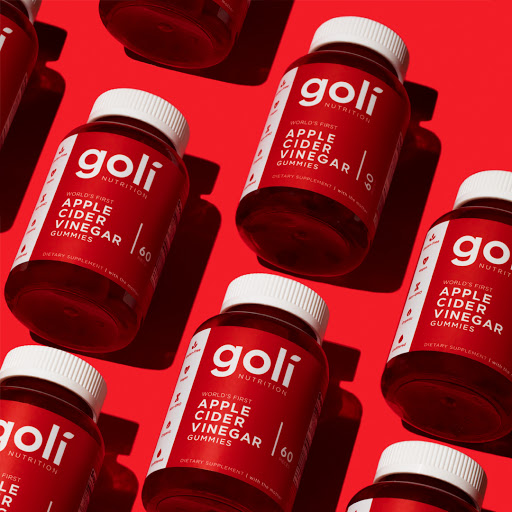People say that if you’re going to spend money on one product, make it skincare. Makes sense, right? Your skin is delicate and deserves the best treatment. Which is why you always have to be extra careful about replacing and maintaining your skincare. You wouldn’t eat something that had been in the fridge since last June, so why would you ever use that night cream from way in the back of the medicine cabinet that you don’t remember buying?
Luckily, keeping track of your products is pretty straightforward. While it may break your heart to get rid of a product before you’ve used it all, your skin will thank you. Expired skincare products can lead to some pretty awful breakouts and skin irritations, and you’ll wind up spending more money on more products to fix it.
Expiration Dates
The expiration dates on products tell you how long that product will last until it is no longer safe to use. While the
FDA doesn’t require cosmetic to include expiration dates, most companies label their products with a Period After Opening date. Generally, the shelf life is denoted by a number followed by a capital M, which tells you how many months the product is good for once you open it.
 |
How Long Do Skincare Product Last? Knowing When Enough is Enough
image from: https://i.insider.com/ |
In order for this to be useful, keep track of when you open new products. Mark it on the lid or even in a calendar for the organizationally inclined. If there is no PAO number, you can also go by the “best by” date.
If that all sounds like way too much data tracking for you, there are some general timelines to follow for different products. And remember, when in doubt, throw it out. If it looks clumpy, oily, dry, discolored, or smells a little strange, don’t take the chance. Just get rid of it.
- Acne products: 4-6 months
- Cleansers: 12 months
- Moisturizer: 6-12 months
- Eye cream: 6-12 months
- Face oil: 12 months
- Sunscreen: 1-2 years
What makes skincare go bad?
Skincare products are liable to go bad for a number of reasons, most of which revolve around the fact that they’re in constant use. Here are
just a few of the things that shorten the shelf life of your skincare products:
- Dipping your fingers in the product
- Preservatives breaking down
- Applicators exposed and reused
- Water and oil in emulsions separate
- Exposure to sunlight and moisture
So there are quite a few things that can affect the quality and performance of your skincare, which is why it’s so important to use only the good stuff. I’ll say it again: when in doubt, throw it out!
 |
How Long Do Skincare Product Last? Knowing When Enough is Enough
image from: https://vignette.wikia.nocookie.net/ |
Ingredients
Looking at what’s on the ingredients label is just as important as what’s on the expiration date when determining the longevity of your skincare. While natural based products are better for your skin, they have the shortest shelf life. They lack the preservatives often used in cosmetics and other skincare. This is great for sensitive skin, but it also means the products aren’t as longlasting.
As you can see, the world is not always kind to your skincare, so you have to watch and make sure your skincare can still be kind to you.




























.jpg)



%20%20(1)-horz.jpg)











